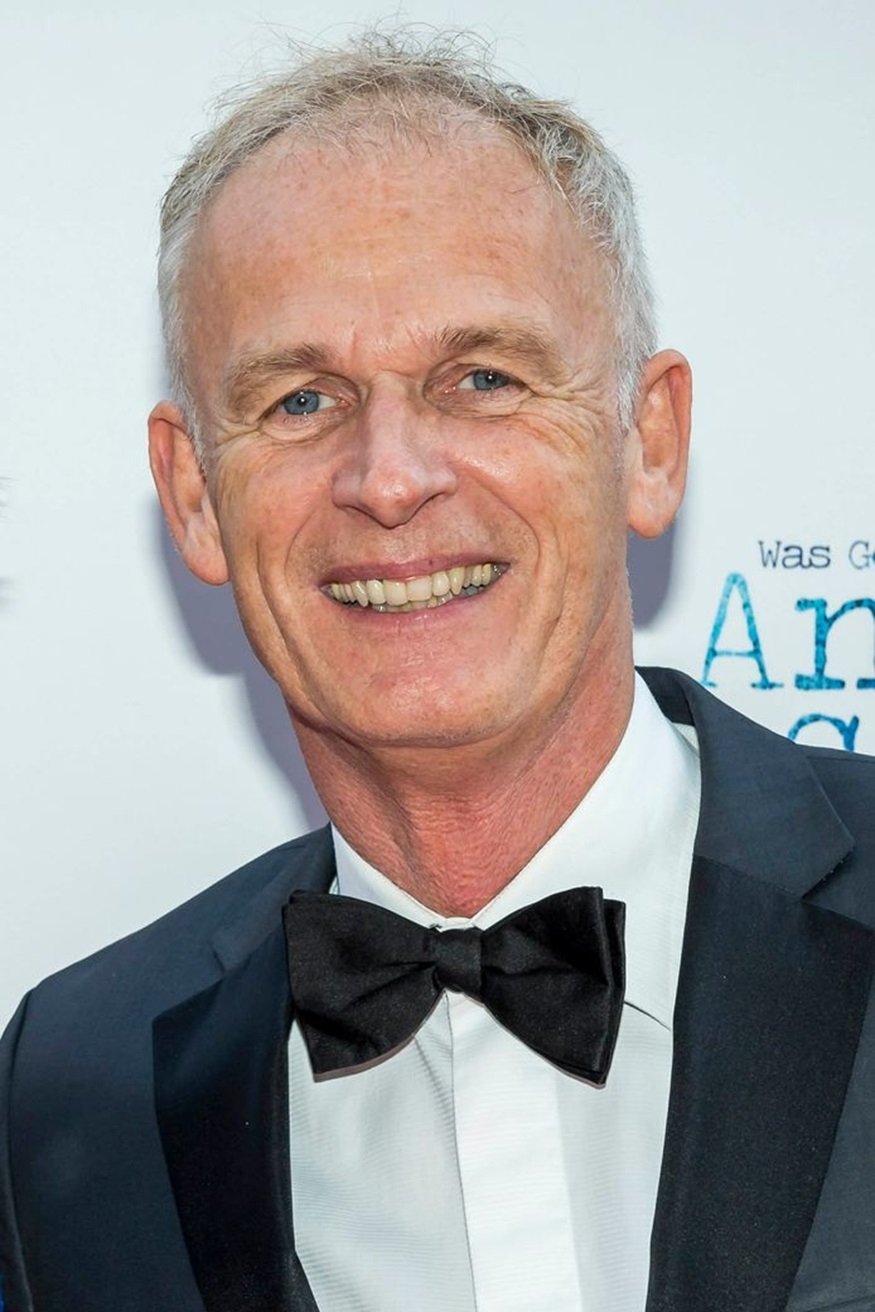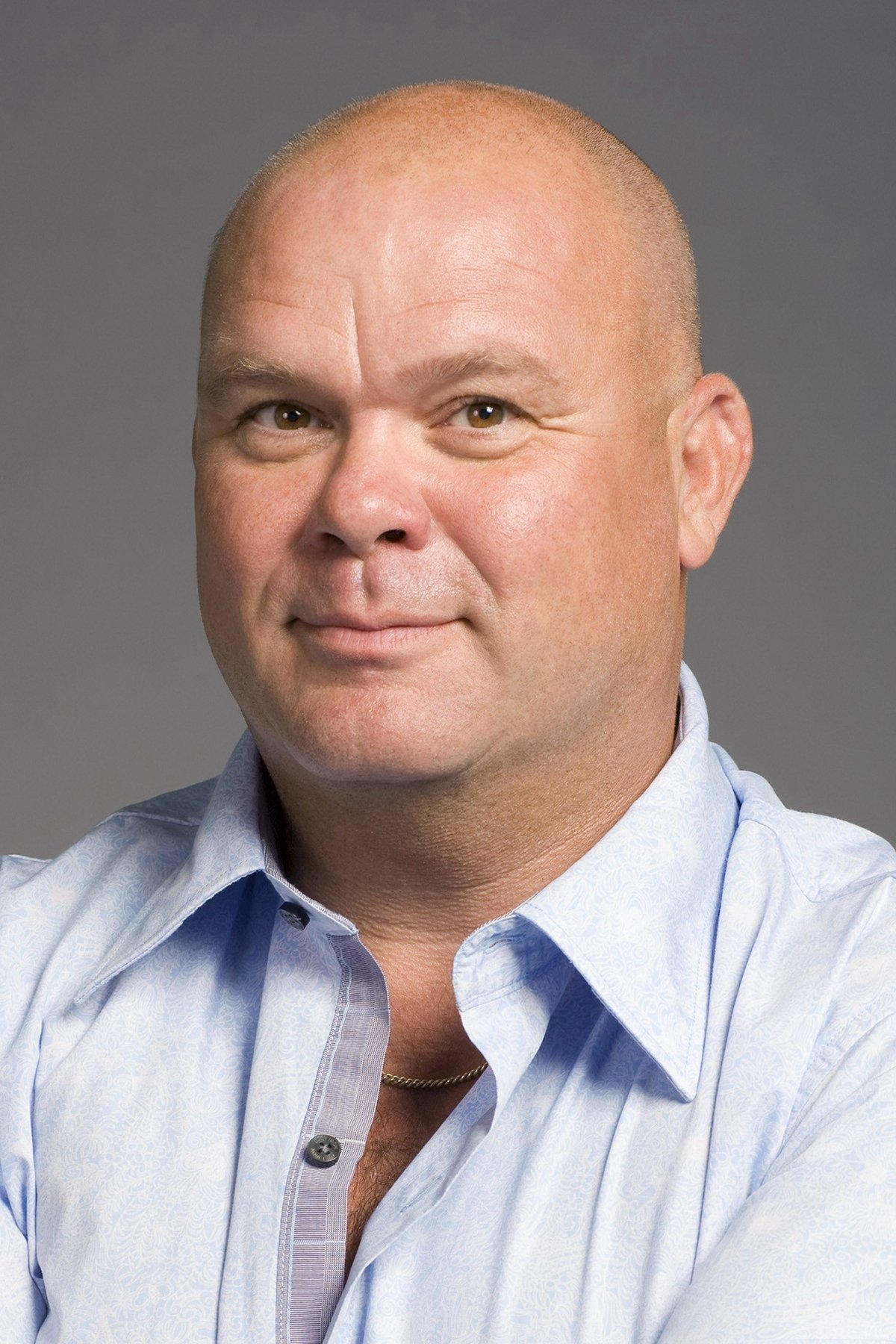Subtitle Service Restored
Mooi! Weer De Leeuw
Mooi! Weer De Leeuw
1. Season 1, Episode 1
2. Season 1, Episode 2
3. Season 1, Episode 3
4. Season 1, Episode 4
5. Season 1, Episode 5
6. Season 1, Episode 6
7. Season 1, Episode 7
8. Season 1, Episode 8
9. Season 1, Episode 9
10. Season 1, Episode 10
11. Season 1, Episode 11
12. Season 1, Episode 12
13. Season 1, Episode 13
14. Season 1, Episode 14
15. Season 1, Episode 15
16. Season 1, Episode 16
17. Season 1, Episode 17
18. Season 1, Episode 18
19. Season 1, Episode 19
20. Season 1, Episode 20
21. Season 1, Episode 21
22. Season 1, Episode 22
23. Season 1, Episode 23
24. Season 1, Episode 24
25. Season 1, Episode 25
26. Season 1, Episode 26
27. Season 1, Episode 27
28. Season 1, Episode 28
29. Season 1, Episode 29
Overview
Mooi! Weer De Leeuw was a popular Dutch television show hosted by comedian Paul de Leeuw, that ran from 2005 to 2009. The programme was produced by VARA, one of the contributors to the Dutch public broadcasting group Netherlands Public Broadcasting. Broadcast weekly on Saturday evenings, the programme consisted of surprising audience members by fulfilling wishes that had been sent in by their family or friends, celebrity interviews and variety performances. The show had a distinctive, quirky feel based upon the personal comedy and tastes of De Leeuw. The show had its own small band, led by Cor Bakker, and also featured national and international acts, such as Kylie Minogue, Lionel Richie, Robbie Williams and Adele, who usually performed live in the show in addition to being interviewed. In most cases these acts were supported by the show's house band. Mooi! Weer De Leeuw is probably best known internationally for its notorious appearance in the 2006 Eurovision Song Contest, where De Leeuw gave the results of the Dutch televote from the programme's studio. De Leeuw, who is openly homosexual, flirted with the male presenter Sakis Rouvas and gave out his supposed mobile phone number. The exchange was broadcast around the world to hundreds of millions of viewers and earned De Leeuw criticism from several of the event's commentators, some of whom refused to translate it.

